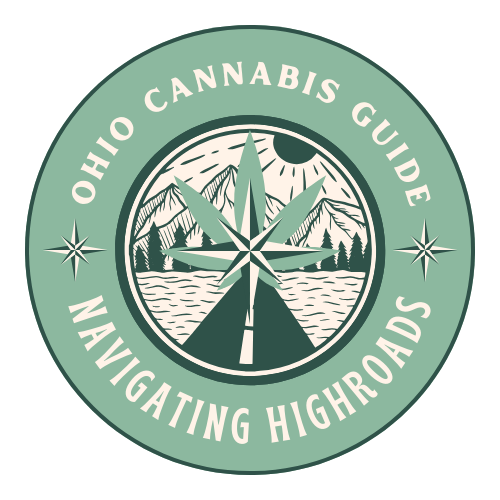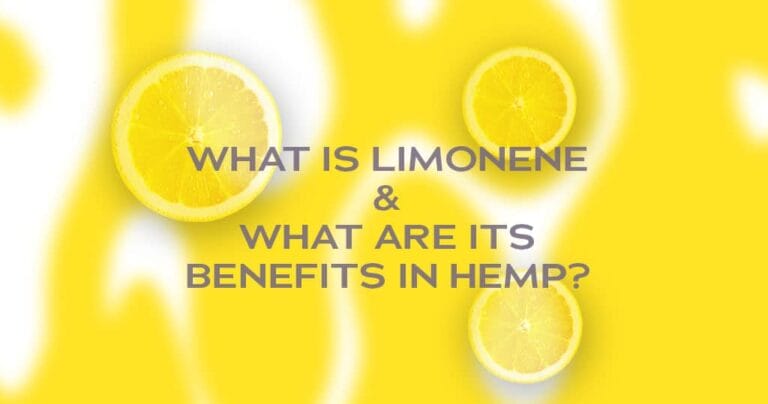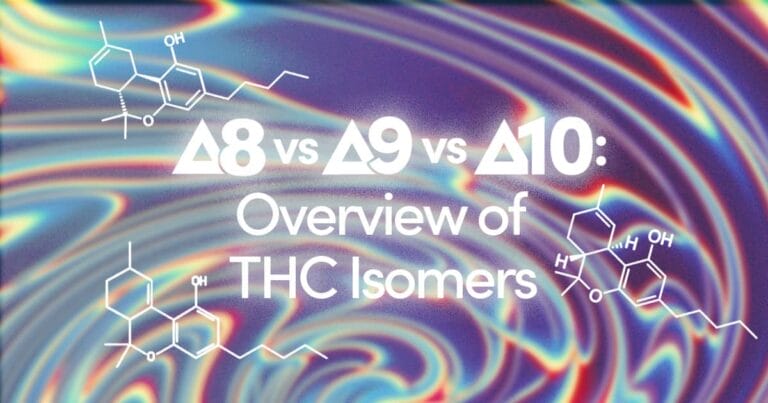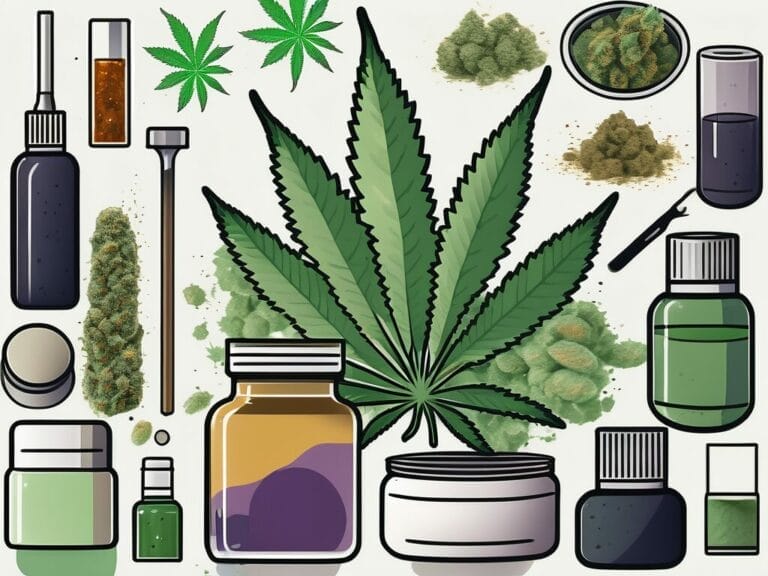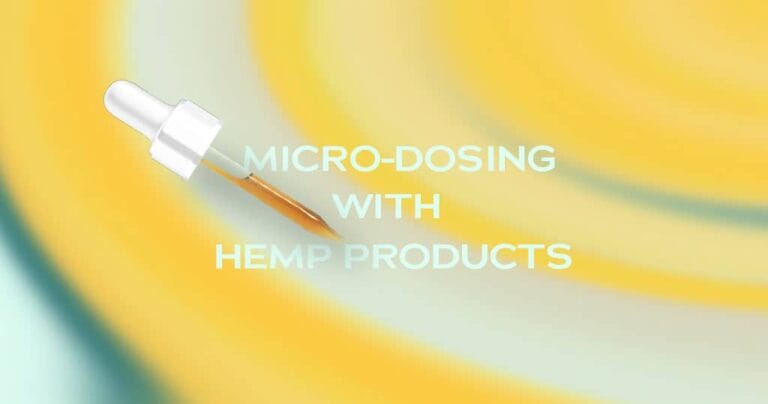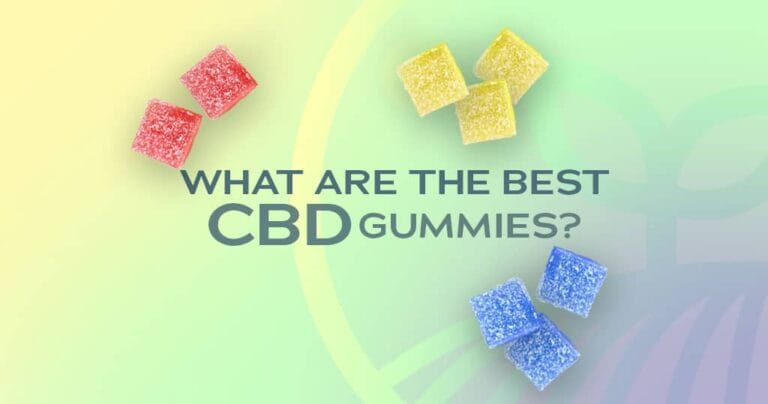What Does CBD Do? The Benefits and Side Effects

What Does CBD Do? The Benefits and Side Effects
Is CBD for you? The short answer is maybe.
You may be looking to use CBD for skin ailments with beauty products or to improve your sleep patterns. Regardless of your ailment or condition, CBD may be something to look into to help with symptom relief.
Many people are turning to natural alternatives like CBD because they have found that pharmaceuticals and over-the-counter drugs don’t work for them. For some, the side effects of these pharmaceuticals can be worse than the relief. It’s no surprise people are looking for new, holistic solutions. Often with many different types of disease, the use of CBD has benefits in reducing overall negative symptoms.
In this blog post, we will discuss what CBD does, how it works, its benefits, and its side effects.
What Does CBD Do?
CBD is a cannabinoid, more specifically it’s a compound of the cannabis"Cannabis" is a broad term that refers to a flowering plant scientifically known as Cannabis Sativa L. The term is commonly used to describe the cannabis plant and its products... More and hemp plant. The cannabinoid CBD interacts with the Endocannabinoid System (ECS), which is a regulatory system in the body that keeps us healthy. According to a study from Greece, the ECS regulates things like appetite, sleep pattern, immune response, and energy homeostasis. It does this by a lock and key mechanism with the cannabinoid receptors"Cannabinoid Receptors" are specialized receptors found in the human body, forming part of the endocannabinoid system. These receptors interact with cannabinoids, both endocannabinoids produced naturally by the body and phytocannabinoids... More. CB1 receptors and CB2 receptors are located all around the brain and body. This area of scientific evidence is still being looked at with human studies of overall health benefits and the ways drug interactions occur.
Furthermore, a poorly regulated ECS has been correlated to obesity so increasing ESC regulation could potentially regulate weight in long-term users. Although the evidence is still lacking, it does correspond with our personal experience and we hope to see it studied more.
Does CBD Oil Make You High?
Simply put, CBD and CBD oil will not make you high. CBD is not a psychoactive substance like Tetrahydrocannabinol (THC). CBD interacts with the ECS, but it won’t give you that feeling of being “high”.
This is one of the unique aspects that makes CBD such a powerful tool for creating homeostasis, even for those that prefer or require THC-free products.
How Does CBD Make You Feel?
It can make some people feel relaxed; others may experience no effects at all. The main factor for a person’s response to CBD depends on their previous history of CBD and cannabis use. When the ECS has been “primed” from previous cannabinoid usage it helps to increase the response level.
The person’s age and health conditions also play a factor in their response to CBD. When a user has an underlying condition, such as chronic"Chronic" is a slang term widely used in the cannabis community to refer to high-quality, potent, and often sought-after cannabis strains. It signifies cannabis with a strong and favorable effect,... More pain or anxiety, CBD can help relieve symptoms. The beneficial effects are fairly comprehensive and still are being discovered. Next, we will take a look at a few of these.
What Are The Benefits of CBD?
CBD has numerous benefits, but with all holistic treatments, the results may vary for everyone. Some of the possible benefits include:
- Taking CBD oil for a calming effect
- Reducing inflammation in the body
- Better restful sleep at night
Where Does CBD Come From?
CBD is derived from the cannabis plant or hemp plant. CBD oil can be made from either version of these plants. It normally depends on regional legality. Once the plants are harvested, they are run through an extraction process allowing for the “crystals” to become separated from the green plant material.
Each different type of plant creates a strain-specific profile with a different percentage of each compound. This unique makeup is what creates the wide variety of products available.
What Different Forms of CBD Exist?
CBD exists in many different forms. In its most simple form, it exists in the “crystals” for many varieties of cannabis and hemp plant material. Once the extraction process is complete, it is known as crude. Crude is then further processed into the main three categories of CBD raw material.
As a raw material, it mainly exists as a full spectrum, broad-spectrum, or CBD isolate. Full-spectrum means it has all the plant terpenes and cannabinoids"Cannabinoids" are a diverse group of chemical compounds found in the cannabis plant, Cannabis sativa. These compounds interact with the body's endocannabinoid system, influencing various physiological processes. Both endocannabinoids that... More in the profile. Broad-spectrum means it is THC-free and has the remaining range of compounds. CBD isolate is a 99.9% pure substance allowing it to be used for its lack of taste and THC-free qualities.
What Is the Best Way to Use CBD?
CBD can be consumed in many different forms. Each user must determine which options work best for them by the relief they are trying to achieve. Some users commonly have wellness routines for optimal cannabinoid receptor health. These are a combination of what product options worked best for their individual wellness goals.
A few examples include:
- As a tincture, it can be mixed with liquid and taken orally.
- As a topical, it is used frequently to apply for localized symptom relief in the style of creams, lotions, and balms.
- As a concentrate"Concentrates" in the realm of cannabis refer to products derived from the extraction and concentration of the plant's active compounds, such as cannabinoids and terpenes. These products typically have a... More, CBD can be vaped from an oil pen to deliver the product directly into your lungs for faster-acting healing effects.
How Does CBD Work?
CBD works by providing the body with a healthy approach to its endocannabinoid system (ECS). The ECS is what helps regulate mood, sleep, appetite, inflammation response, and more. CBD was able to affect some of these systems because it has similar properties to our own bodies’ cannabinoids.
How Long Does CBD Take to Work?
CBD works differently depending on the form of product used. When inhaled it takes less time for onset than when ingested. Typically, onset can occur in 5-15 minutes after inhalation.
CBD edibles can take anywhere from 30 minutes to an hour to start working. The digestion process is different for everyone and depends on your body’s systems. In rare situations, it can take up to four hours before complete onset. The advantage to ingestion is the greater length of time that it works for.
How Long Does CBD Work For?
So, how long does it work for? It depends on which form of CBD and what product method was used. When ingesting a CBD product, the experience may last 6-8 hours. This is longer than the typical 2-3 hours when inhaling or applying CBD.
How Much CBD Should Be Taken A Day?
It’s recommended to start with a low dosage like one drop of oil, as it can take time for your body and brain to adjust. It may take several doses over many days before you find the perfect amount that works best for you. It is important to find a daily amount creating the relief needed to excel throughout the day and recover during the night. For first-time users, we recommend reading our post about micro-dosing with hemp products.
Does CBD Have Side Effects?
CBD can cause a variety of side effects, including dry mouth, red eyes, and dizziness. It also has been known to create drug interactions with blood thinners. Always use caution when starting a new seemingly effective treatment, since experiencing adverse effects might be even worse than where you started.
Severe side effects typically come from a lack of knowledge leading to an excessive improper dosage. The best way to minimize the risk of these unwanted outcomes is by starting slow and increasing the dosage over a long period of time. This will allow your body to adjust more naturally. Also, it is wise to consult with a medical professional for advice on your specific condition.
Is It Legal to Use CBD products?
In most countries of the world, CBD is a legal commodity that is a part of normal trade and commerce. CBD products are legal in all US states and territories.
In Conclusion: What Does CBD Do For You?
CBD is a non-psychoactive cannabinoid that can be used to treat many different medical conditions. There are many benefits of using this natural remedy but there may also be potential side effects that should be monitored closely. If you are considering trying CBD for the first time, it’s important that you consult with your physician before making any changes to your diet or lifestyle habits.
CBD does not have physically addictive properties like some pharmaceuticals do. New users may experience some drowsiness at first but it should go away after the body adjusts to taking CBD in moderation. The best way to find out if CBD will work for you is by starting with small doses and seeing how your body reacts over time before increasing dosage levels as needed. Have you tried using CBD? What does CBD do for you? What are your thoughts on its effectiveness so far?
*This CBD information is not meant to diagnose or recommend treatment for any disease or medical condition. Always seek the advice of your physician, nurse practitioner, health educator, pharmacist, or other qualified health professionals before starting a new therapy.
